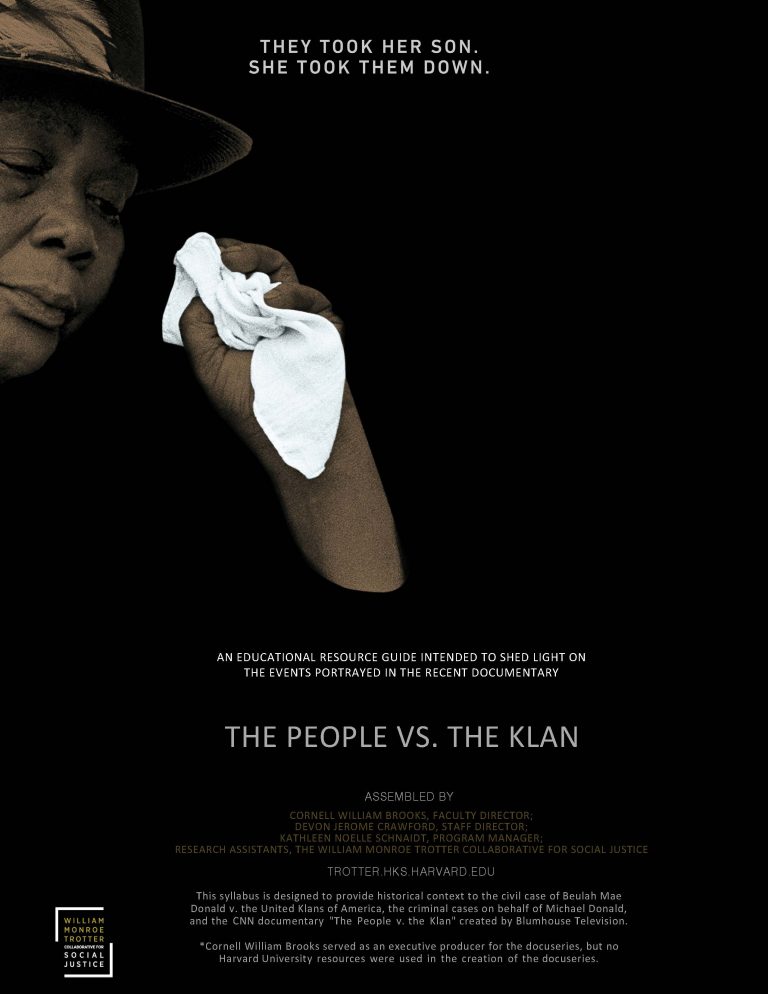How We Teach
How We Teach
The Trotter Collaborative utilizes applied research to foster advocacy and citizen activism among students at Harvard. We teach a range of multivalent, broad-based advocacy skills such as litigation, direct action, communications strategy, grassroots mobilization, and social media campaigns.
Our method draws on the work of the late Devah Pager, Peter and Isabel Malkin Professor of Sociology and Public Policy at Harvard Kennedy School. Pager’s book, Marked: Race, Crime, and Finding Work in the Era of Mass Incarceration, helped inform the Ban the Box campaign, which sought to persuade employers to remove the “check box” on applications asking about the applicant’s criminal record.
The New Jersey Institute for Social Justice (NJISJ), led by then-president and CEO Cornell William Brooks, harnessed Pager’s scholarship in a statewide campaign to pass the Opportunity to Compete Act (2015), which enacted new rules for returning citizens seeking employment. Using Dr. Pager’s research, the NJISJ was able to successfully advocate for the passage of pioneering criminal justice reform and housing legislation– helping to get six bills passed in less than five years.
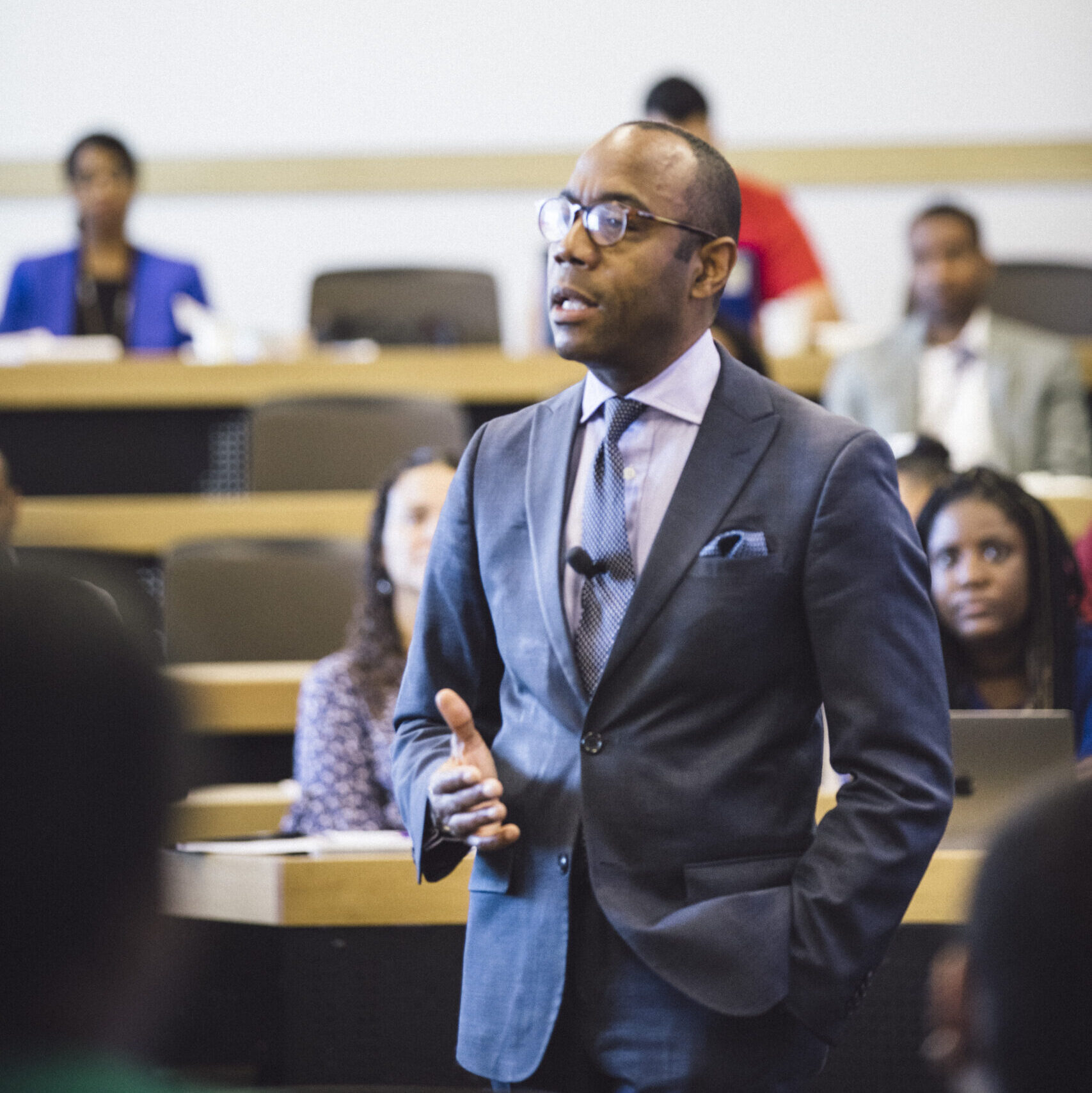
This model of engaged scholarship illustrates how scholarship, when harnessed to activism, can yield social impact. For example, during the landmark case of Brown v. Board of Education, Supreme Court Justice Thurgood Marshall utilized the scholarship of Pauli Murray to make the case against the separate but equal doctrine that upheld Jim Crow segregation. Murray argued that segregation violated the 13th and 14th Amendments. This argument (originally submitted as a term paper during her third year at Howard University Law School) proved a decisive and compelling element that was used to bolster the case again segregated education.
The Trotter Collaborative is teaching these time-tested skills to a new generation of advocates.
- “Justice, Advocacy, and You: Race and Crime as a Case Study” – Grounded in theory and practice, this module equips students with advocacy strategies to end systemic racism. Using the criminal legal system as a case study (solitary confinement, death penalty, school to prison pipeline, etc.), students study successful movements and case studies, economic and moral arguments, advocacy strategies and campaigns, data and storytelling, as well as history to develop their own campaigns to address today’s injustices.
- “Creating Justice in Real Time: Vision, Strategies and Campaigns” – This clinical brings together a select, inter-disciplinary cohort of students develops campaigns using legislative, policy, best practice, organizing, communication, and moral framing strategies to address injustice. Students apply the advocacy principles taught in the class to social justice campaigns across the country. These principles inform their work with community organizations, activists, public officials, and advocates—during and after taking the course.
During the 2020-21 academic year, students worked on variety of projects, including tackling police brutality, race equitable responses to COVID-19, along with working with several mayors and governors to develop studies, plans, campaigns and strategies.
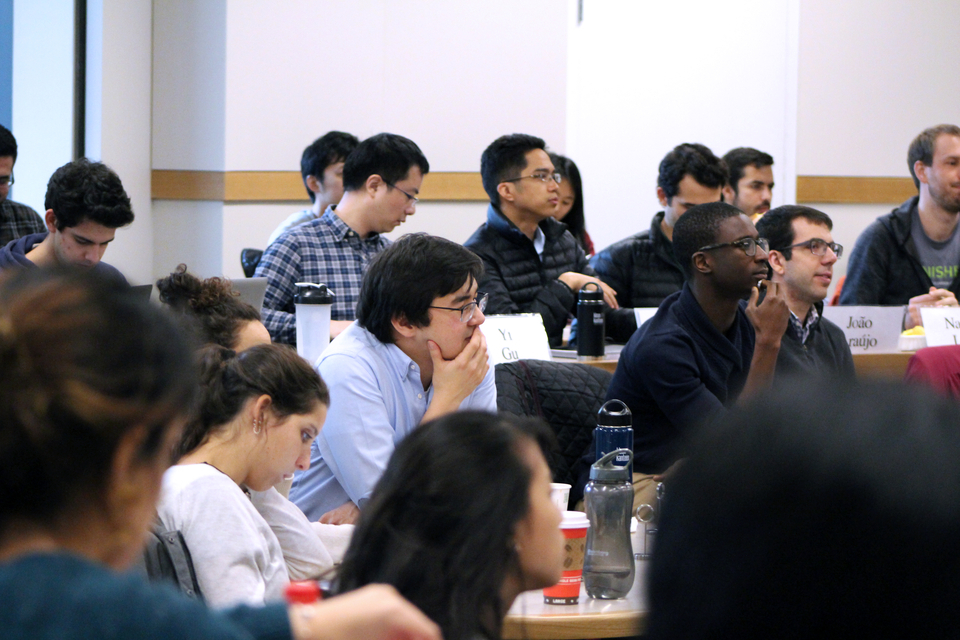
In addition, Professor Brooks has created various educational resources and guides, like “The People vs. The Klan”.
This model of engaged scholarship illustrates how scholarship, when harnessed to activism, can yield social impact. For example, during the landmark case of Brown v. Board of Education, Supreme Court Justice Thurgood Marshall utilized the scholarship of Pauli Murray to make the case against the separate but equal doctrine that upheld Jim Crow segregation. Murray argued that segregation violated the 13th and 14th Amendments. This argument (originally submitted as a term paper during her third year at Howard University Law School) proved a decisive and compelling element that was used to bolster the case again segregated education.
The Trotter Collaborative is teaching these time-tested skills to a new generation of advocates.
- “Justice, Advocacy, and You: Race and Crime as a Case Study” – Grounded in theory and practice, this module equips students with advocacy strategies to end systemic racism. Using the criminal legal system as a case study (solitary confinement, death penalty, school to prison pipeline, etc.), students study successful movements and case studies, economic and moral arguments, advocacy strategies and campaigns, data and storytelling, as well as history to develop their own campaigns to address today’s injustices.
- “Creating Justice in Real Time: Vision, Strategies and Campaigns” – This clinical brings together a select, inter-disciplinary cohort of students develops campaigns using legislative, policy, best practice, organizing, communication, and moral framing strategies to address injustice. Students apply the advocacy principles taught in the class to social justice campaigns across the country. These principles inform their work with community organizations, activists, public officials, and advocates—during and after taking the course.
During the 2020-21 academic year, students worked on variety of projects, including tackling police brutality, race equitable responses to COVID-19, along with working with several mayors and governors to develop studies, plans, campaigns and strategies.
Along with teaching, Professor Brooks has created various educational resources and guides, like “The People vs. The Klan”.
